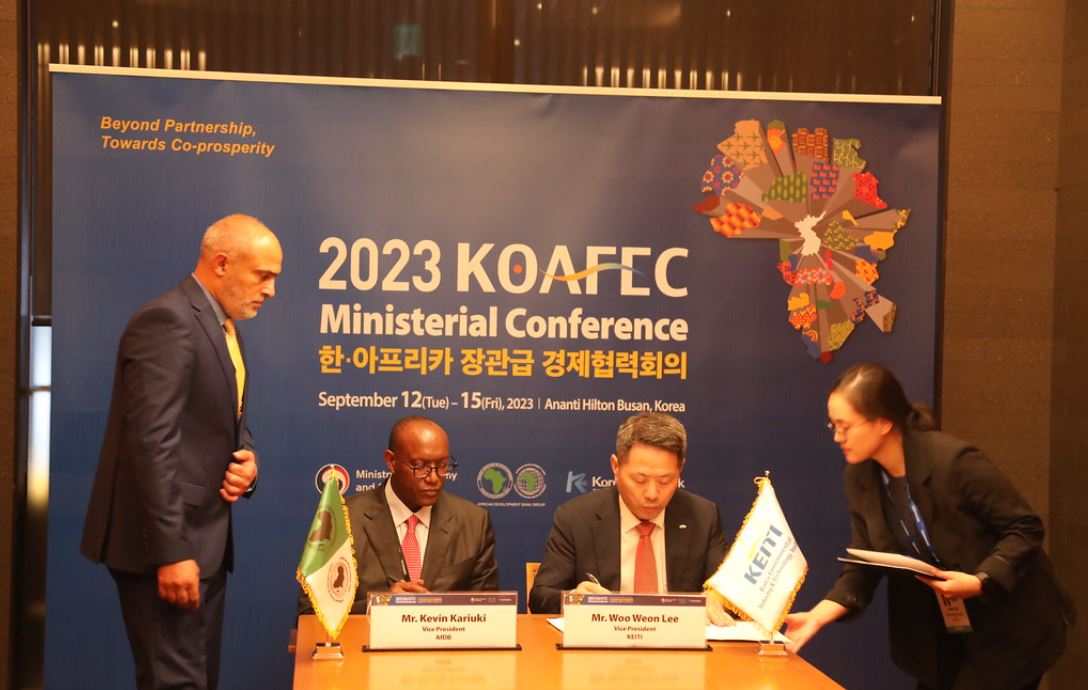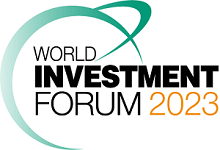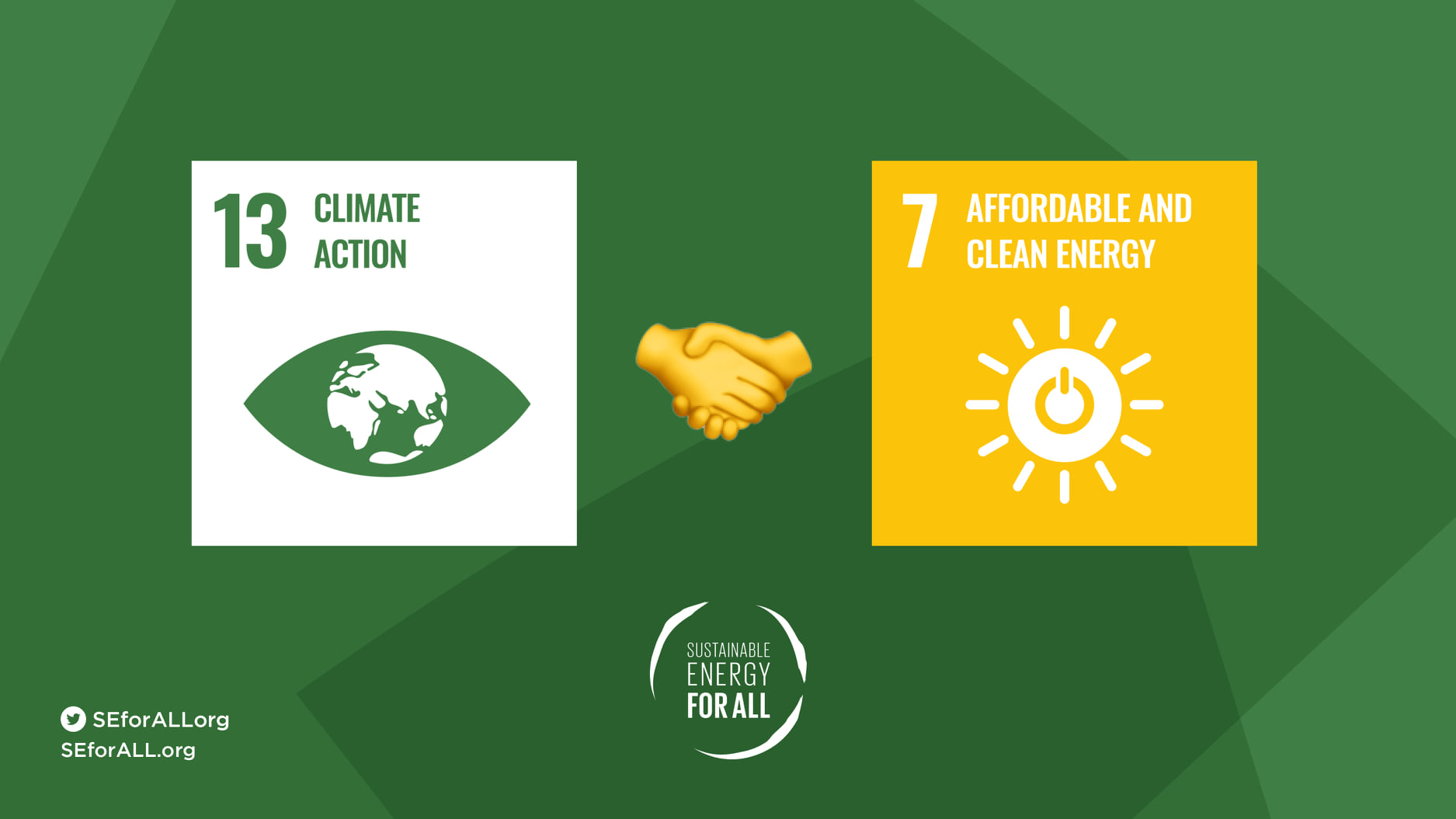In a significant move, the African Development Bank (AfDB) has partnered with the Korea Environmental Industry and Technology Institute (KEITTI) to strengthen investments in low-carbon and climate-resilient technologies. This strategic collaboration aims to expedite climate change mitigation and adaptation efforts across multiple African countries.
The AfDB announced this partnership on their website on Wednesday, September 20, stating that the signed pact was carried out during the 7th Korea-Africa Ministerial Conference on Economic Cooperation(link is external), held on Thursday, September 14, in Korea’s second-largest city, Busan.
Read also: AfDB, South Korea to boost food security, vaccine production
A Pioneering Partnership
Under this agreement, Korea will share its technological expertise and knowledge with the AfDB‘s African member countries, extending its support to help identify and develop eco-friendly projects.
Dr. Kevin Kariuki, the Vice President for Power, Energy, Climate Change, and Green Growth at the African Development Bank, expressed his satisfaction with the agreement. He underscored the partnership’s focus on priority areas closely aligned with the 2023 KOAFEC Ministerial Conference, with a particular emphasis on agriculture and energy. Dr. Kariuki emphasised that transforming these industries is essential for Africa’s sustainable development.
According to him, “The transformation of these sectors to ensure energy and food security is crucial for Africa’s sustainable development and requires significant investment in technology development, increased financial flows and strategic partnerships,” Kariuki said.
Africa’s Climate Vulnerability
Africa stands as one of the most climate-vulnerable regions globally, with nine of the top ten most vulnerable countries located on the continent. Despite contributing only 4% of global carbon emissions, Africa faces disproportionately severe consequences due to climate change. A recent report from the African Development Bank, the African Economic Outlook 2022, projected that climate change could potentially reduce Africa’s GDP by up to 15% by 2050, underscoring the urgency of climate resilience efforts.
Dr. Lee Woo-Weon, Vice President of the Korea Environmental Industry and Technology Institute, enthusiastically welcomed the collaboration with the African Development Bank. He highlighted the joint technical assistance to be provided for environmental projects across critical areas such as water, energy, climate change, circular economy, and environmental conservation.
The African Development Bank has positioned itself as a driving force in promoting climate-resilient and low-carbon development throughout Africa, aligning its strategies with the objectives of the Paris Agreement. Through its Climate Action Window, the bank aims to mobilise an impressive $13 billion in support of transformative climate action programs across the continent.
Dr. Kariuki emphasised the AfDB’s unwavering commitment to providing comprehensive support to address climate change challenges. This support includes technical assistance, project preparation support, concessional finance, and risk mitigation measures. He reiterated the importance of these efforts in facilitating an equitable transition to clean energy and building climate resilience in African nations.
A Call for Global Collaboration
Furthermore, Dr. Kariuki called upon global partners to collaborate closely with the African Development Bank to advance transformative climate adaptation and mitigation initiatives across Africa. Recognizing the urgent need for collective action, he emphasised that these measures are of paramount significance for the continent’s sustainable future.
This strategic collaboration between the AfDB and KEITTI not only reflects a shared commitment to addressing climate change but also underscores the growing importance of international partnerships in driving climate-resilient technologies and fostering sustainable development in Africa. As the world grapples with the profound challenges posed by climate change, such initiatives serve as beacons of hope, offering tangible solutions for a more sustainable and resilient future for Africa and the world.
About AfDB
The African Development Bank (AfDB), also known as Banque Africaine de Développement, is a financial institution dedicated to promoting economic and social progress across Africa. With 54 African member states and 26 non-African member states, the ADB finances a variety of projects, including core infrastructure like highways and water systems. One of its major ongoing projects is the construction of a 745-mile highway from Lagos, Nigeria, to Abidjan, Ivory Coast.
The bank prioritizes technical and vocational education for young Africans. It operates through entities such as the African Development Fund and the Nigeria Trust Fund, all working towards the economic development and social progress of member nations.


